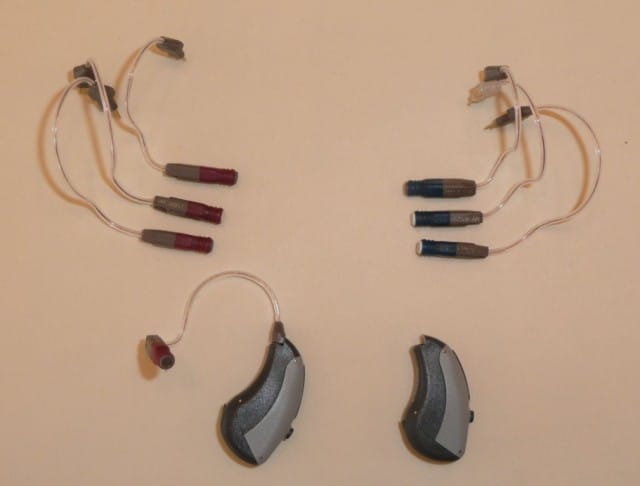Jun. 03, 2015
Donna Geffner, Ph.D., CCC-Sp/A, Long Island AuD. Consortium St. John’s University, New York As audiologists it is not typical for us to encounter a population of children and adults with AD/HD unless they disclose their diagnosis. However, this is the very population that we should encounter for they exhibit many auditory processing deficits. It was of interest to investigate







